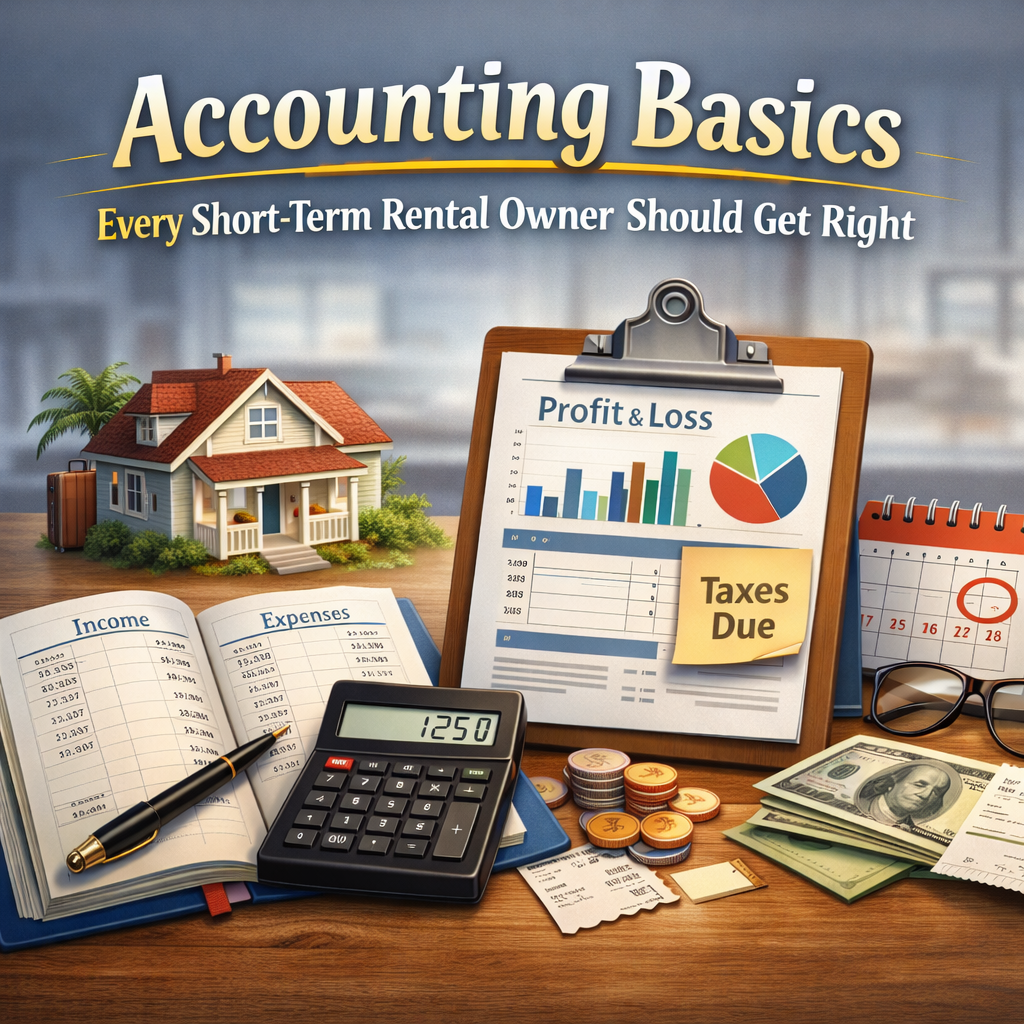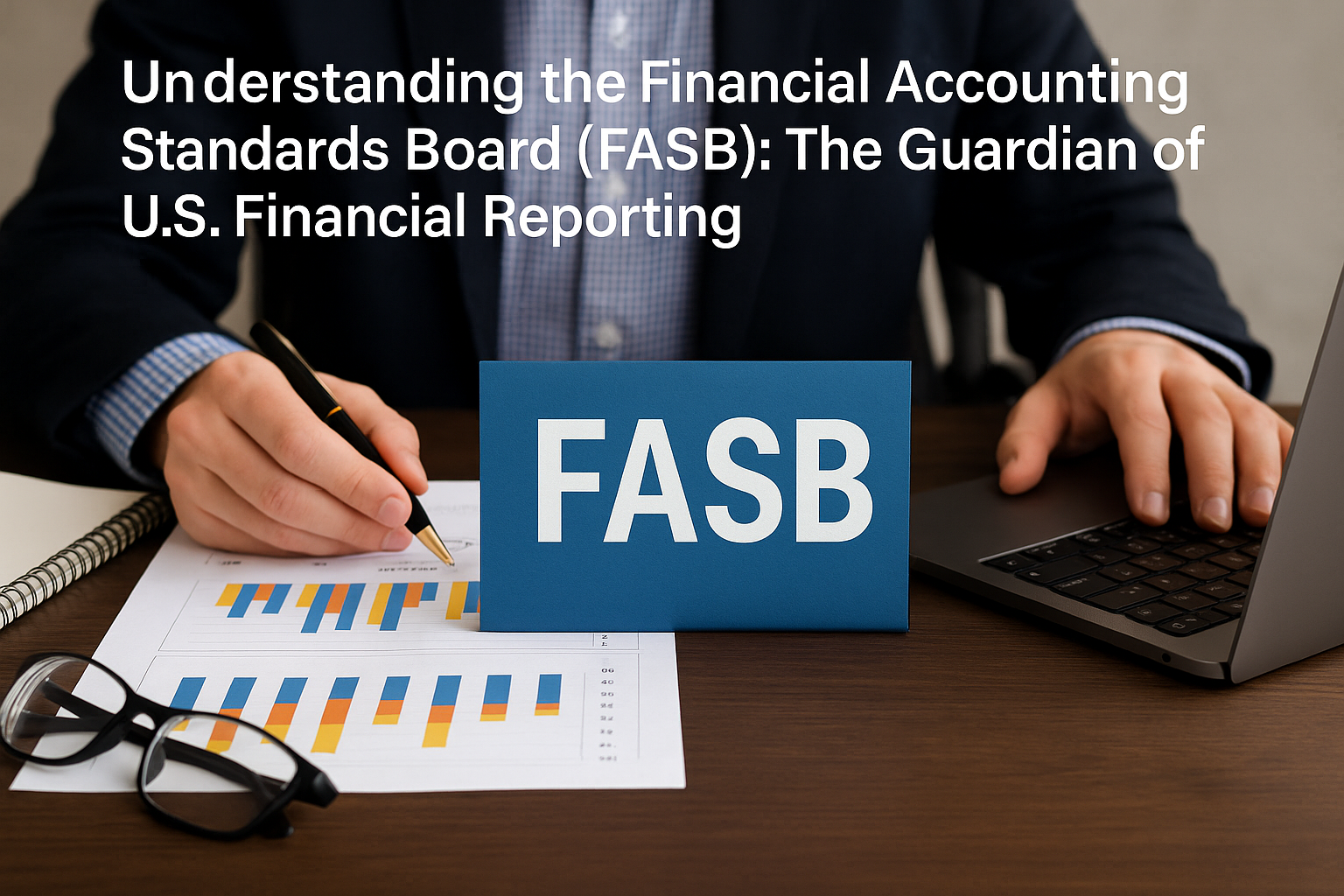
From small startups to large enterprises, companies rely on accounting software to streamline financial operations, improve accuracy, and gain actionable insights. Understanding the types of accounting software available is crucial for selecting the right solution that fits your business needs. In this blog, we’ll explore the most common types of accounting software and their key features.
Small business accounting software is designed to simplify bookkeeping for startups and small enterprises. These tools are user-friendly, affordable, and focus on essential financial tasks. Many businesses also leverage offshore accounting services alongside these software solutions to manage international transactions, ensure compliance, and streamline financial operations efficiently.
Small business accounting software is ideal for business owners who need an intuitive platform without the complexity of enterprise-level solutions.
Enterprise accounting software is tailored for large organizations with complex financial operations. These solutions provide advanced features for managing multiple departments, currencies, and regulatory requirements.
This type of software helps enterprises maintain financial control, reduce errors, and support strategic decision-making.
Cloud-based accounting software allows businesses to manage their finances online from any location. These solutions are increasingly popular due to their flexibility, scalability, and cost-effectiveness.
Cloud accounting is ideal for businesses that require remote access and real-time collaboration between accountants and stakeholders.
Desktop accounting software is installed on local computers and offers robust offline features. While less flexible than cloud-based solutions, it provides control over data security and system customization.
Desktop accounting software suits businesses that prioritize data privacy and have limited internet access.
Some businesses require specialized accounting software tailored to their industry. These solutions are designed to handle unique financial operations, compliance, and reporting standards.
Industry-specific software ensures that businesses can manage niche accounting requirements efficiently.
ERP (Enterprise Resource Planning) accounting software integrates accounting functions with other business processes such as inventory, HR, and supply chain management. This ensures seamless operations across departments.
ERP accounting software is suitable for businesses that need full integration of financial operations with other organizational processes.
When selecting accounting software, businesses should consider:
By evaluating these factors, companies can choose the right type of accounting software that streamlines their financial management and supports growth.
Understanding the types of accounting software is essential for businesses looking to optimize their financial operations. From small business tools to ERP systems, each type offers unique features and benefits. By selecting the right software, businesses can reduce manual errors, enhance efficiency, and gain valuable insights for strategic decision-making.
Whether you’re a startup, an established enterprise, or a niche industry player, there’s an accounting software solution tailored to your needs. Adopting the right system ensures smooth financial management and empowers your business to thrive in a competitive marketplace.
Q1: What type of accounting software is best for startups?
A: Small business accounting software like QuickBooks, Wave, or Xero is ideal for startups due to its affordability and ease of use.
Q2: Can cloud-based accounting software replace desktop solutions?
A: Yes, cloud-based solutions offer flexibility and remote access, making them suitable for most businesses. However, some companies prefer desktop software for data privacy.
Q3: Is industry-specific accounting software necessary?
A: It’s beneficial for businesses with unique financial needs or compliance requirements, as it streamlines specialized accounting processes.
Q4: Do ERP systems include accounting features?
A: Yes, ERP systems integrate accounting with other business functions like inventory, HR, and supply chain management.
.png)



